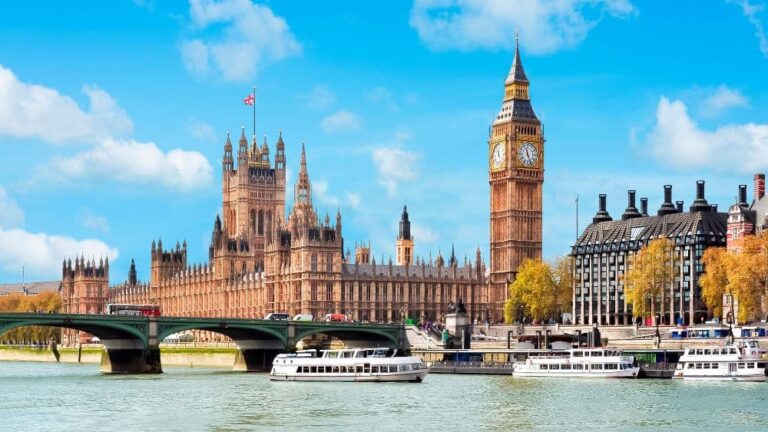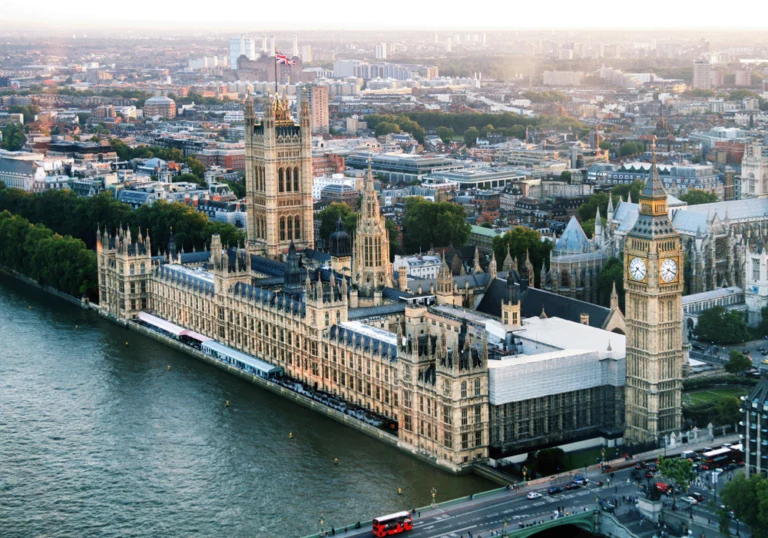
Autumn statement 2023
What does it mean for business owners who are basic rate taxpayers?
Unlike recent fiscal events, this Autumn Statement largely focused on those on lower incomes, with an absence of measures specifically aimed at higher and additional rate taxpayers. The cuts in National Insurance (NI) will benefit everyone, but will have a greater impact on salaried employees than the self-employed.
If you are trading as a sole trader
For the self-employed, the primary measures introduced were the abolition of Class 2 National Insurance contributions (NICs) as well as a 1% reduction in Class 4 NICs, with a new headline rate of 8% on amounts earned between £12,570 and £50,270. These will come into effect on 6 April 2024.
The abolition of Class 2 NICs and the reduction of Class 4 NICs will be welcome for all self-employed taxpayers. For an average self-employed person (earning £28,200), the savings will be £350 a year in 2024/25.
Those with profits between £6,725 and £12,570 will continue to get access to contributory benefits including the state pension through an NI credit without paying NI contributions as they do currently. It will still be possible to pay voluntary Class 2 NICs.
It was also announced that some of the restrictions surrounding the use of the cash-basis for self-employed individuals would be removed, with the aim to simplify the filing of tax returns for sole traders. The cash basis will become the default position from 2024/25 but taxpayers can elect to use the accruals basis.
If you are trading through a limited company
For owner-managers who have chosen to incorporate their business and choose to extract profits primarily by way of dividends rather than salary or bonus, their tax position will remain largely unchanged if they are a basic rate taxpayer.
Despite the reduction in employee NICs (by 2% from 12% to 10% from 6 January 2024), dividends may remain the more tax efficient option for extracting low levels of profits after taking a minimal salary. However, once company profits are within the marginal rate (profits above £50,000) or main company tax rate (profits above £250,000) or for taxpayers above state pension age, the balance can shift with a bonus being slightly more tax efficient in some cases. Any profit extraction should be considered in light of specific circumstances and the income requirements of the owner.
Conclusion
Overall, despite seeing some positive changes as far as National Insurance cuts are concerned, small business owners may feel there were not enough incentives specifically aimed at them. The increase in the National Living Wage may significantly increase costs for anyone employing other staff, which will often far outweigh any NI savings.
The full expensing rules for investing in plant and equipment being made permanent only benefit companies and many small businesses are already obtaining tax relief on 100% of their capital expenditure using the annual investment allowance (£1 million limit).
As previously announced, the introduction of Making Tax Digital will impact on more taxpayers over the coming years. From 6 April 2026, the requirements will apply to self-employed or property landlords with income of more than £50,000. From April 2027, the plan is for this threshold to reduce to £30,000, so many more self-employed individuals and landlords will have additional compliance requirements.
For more analysis, visit our Autumn Statement hub.












